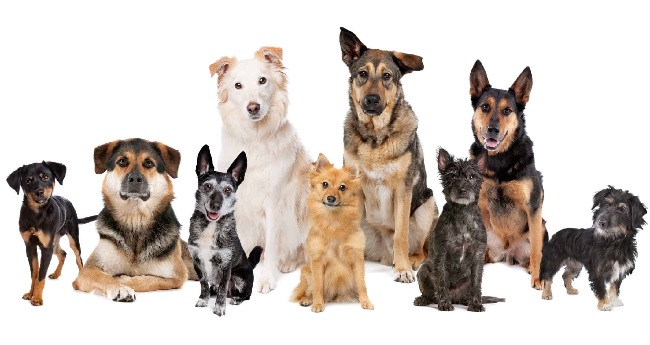When it comes to bringing a furry friend into your life, one important consideration is the cost of the dog. The price of a dog can vary widely, depending on various factors.
In this comprehensive guide, we’ll explore the intricacies of dog prices, shedding light on what influences the cost, how different breeds vary in price, and additional factors to consider before bringing home a new canine companion.

Factors Influencing Dog Prices
Several factors impact the cost of a dog. Here are some key factors to consider:
Read Also:
Breed and Pedigree
Certain breeds are more sought after, which can drive up their price. Purebred dogs with exceptional pedigrees often come with a higher price tag due to their lineage, documented ancestry, and breed standards.
Breeder Reputation and Quality
Reputable breeders who prioritize responsible breeding practices, health testing, and socialization often charge higher prices. They invest time, effort, and resources into producing healthy, well-adjusted puppies, which reflects in the cost.
Rarity and Demand
Rare breeds or those with unique features may command higher prices due to limited availability and higher demand.
Age and Training
Puppies generally cost more than adult dogs due to the additional care and training required. Well-trained dogs or those with specialized skills, such as working dogs or service dogs, may also come with a higher price.
Geographic Location
The cost of dogs can vary depending on your location. Urban areas or regions with higher living expenses may have higher dog prices compared to rural areas.
Breed Examples and Their Price Range
Dog prices can vary significantly from breed to breed. Here are a few examples of popular breeds and their typical price ranges:
Labrador Retriever: $800 – $1,200
Labrador Retrievers are one of the most popular dog breeds, known for their friendly nature and versatility. They are typically priced in the moderate range.
French Bulldog: $2,000 – $5,000
French Bulldogs are small, compact, and full of personality. Their price tends to be higher due to their popularity and potential health concerns.
Golden Retriever: $1,000 – $2,500
Golden Retrievers are beloved for their gentle demeanor and intelligence. Their price can vary depending on pedigree and lineage.
English Bulldog: $2,500 – $5,000
English Bulldogs are known for their distinctive appearance and loving temperament. Their price is often higher due to health considerations and breeding challenges.
Additional Considerations when Buying a Dog
While cost is an essential factor, it’s vital to consider other aspects of dog ownership:
Ongoing Expenses
Dog ownership entails more than just the initial purchase price. Budget for ongoing expenses like food, grooming, veterinary care, vaccinations, and supplies.
Adoption and Rescue Options
Adopting a dog from a shelter or rescue organization can be a cost-effective option. Adoption fees are typically lower, and you provide a second chance for a deserving dog.
Responsible Breeding and Health Considerations
When buying from a breeder, ensure they prioritize the health and well-being of their dogs. Health guarantees, genetic testing, and vaccination records are crucial aspects to consider.
Ethical Considerations
Support breeders who practice responsible and ethical breeding. Avoid supporting puppy mills or unscrupulous breeders who prioritize profit over the welfare of the dogs.
Read Also:
Conclusion
Dog prices can vary significantly based on breed, pedigree, breeder reputation, and other factors. It’s essential to consider the total cost of dog ownership, including ongoing expenses and responsible breeding practices.
By carefully researching and considering all aspects, you can find a dog that fits your lifestyle, budget, and brings joy to your life for years to come.
























